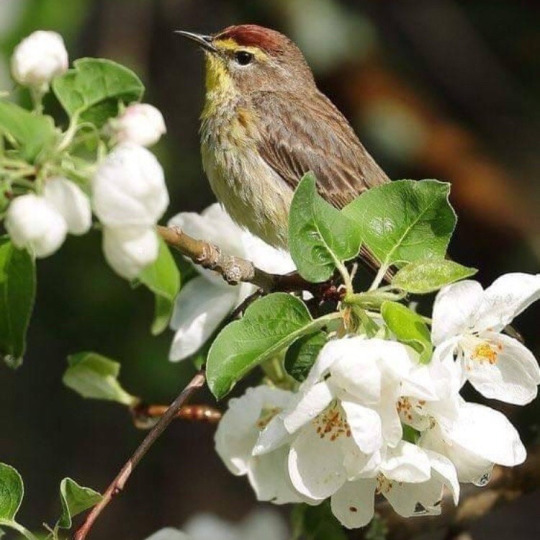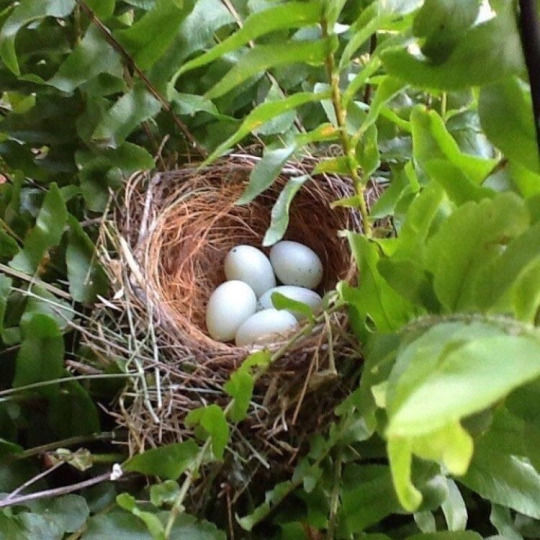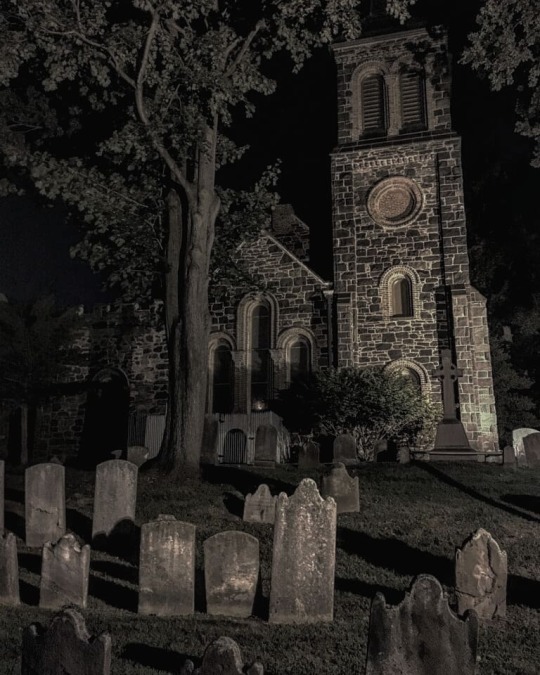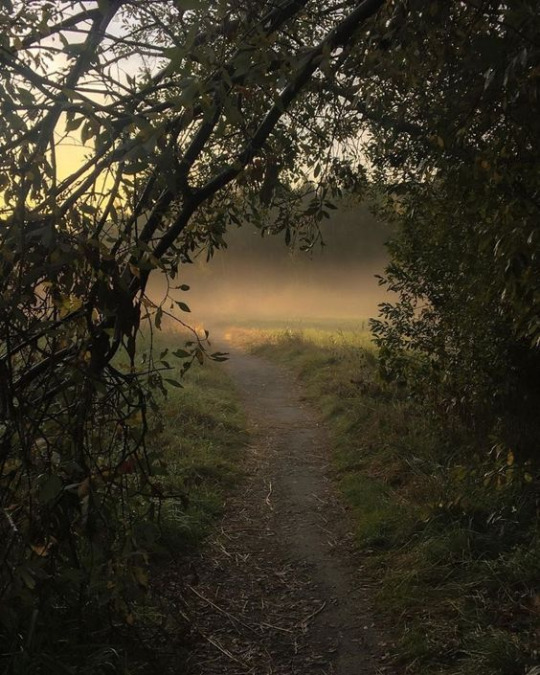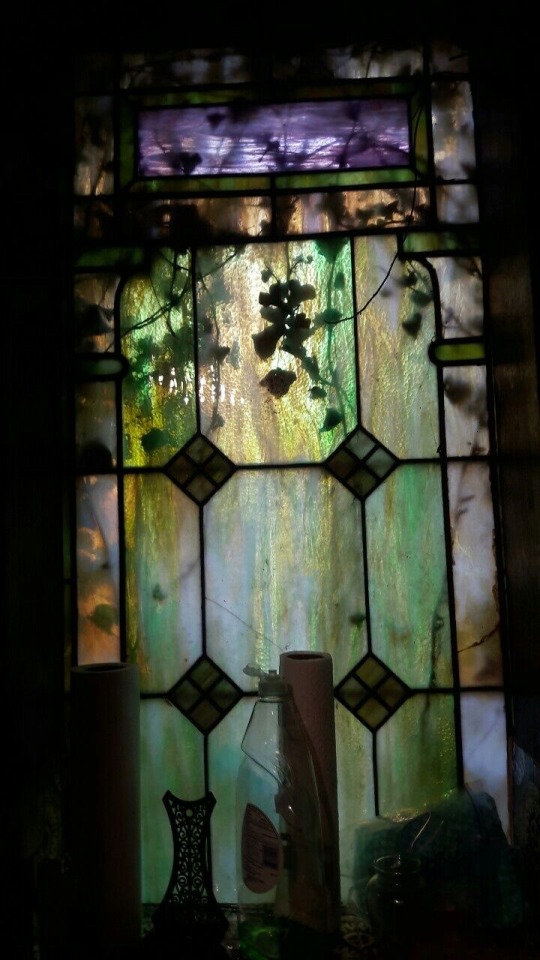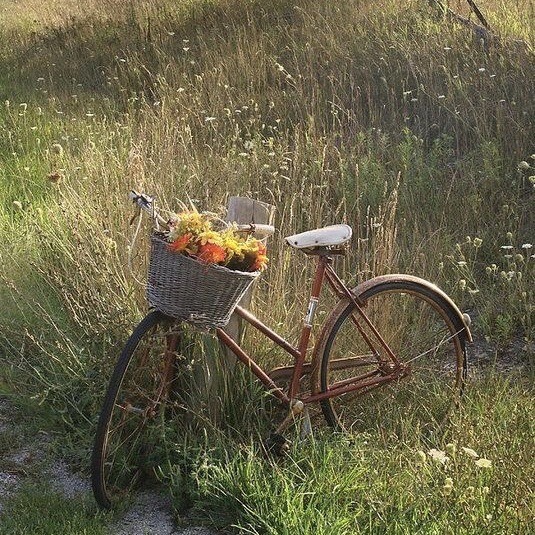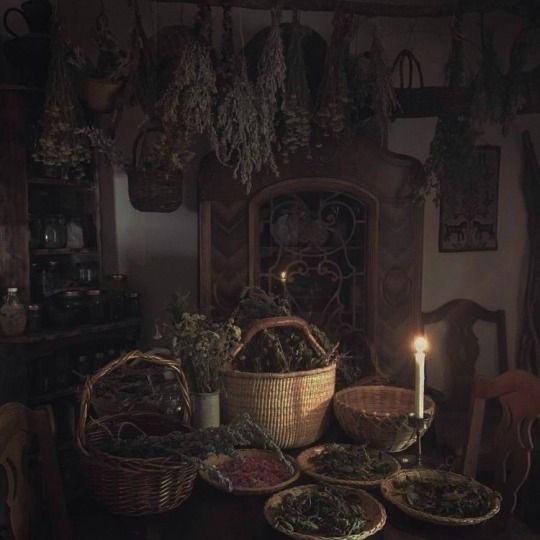Text
I log out of Tumblr for a while and now Im supposed to pay for it?
7 notes
·
View notes
Text
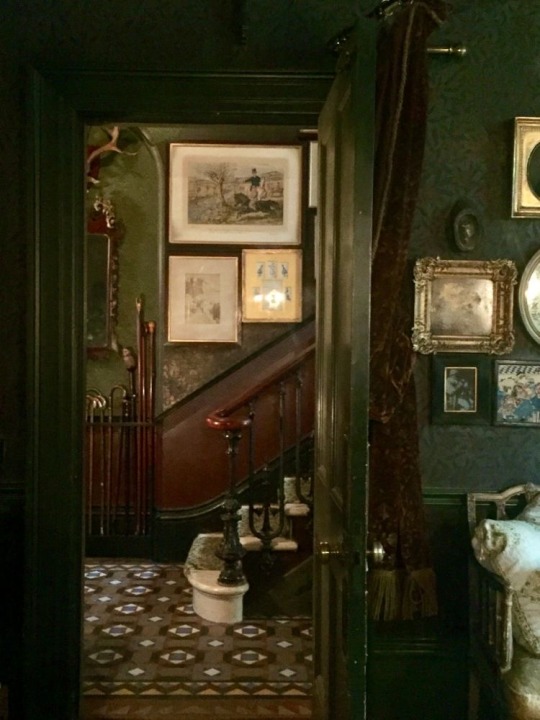
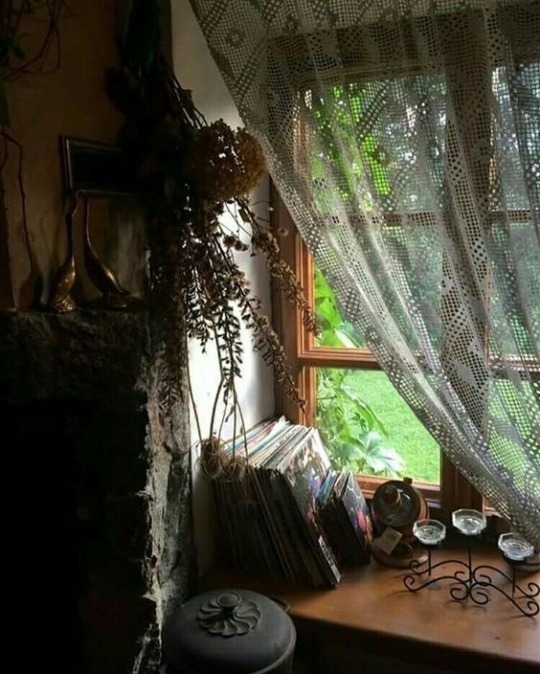



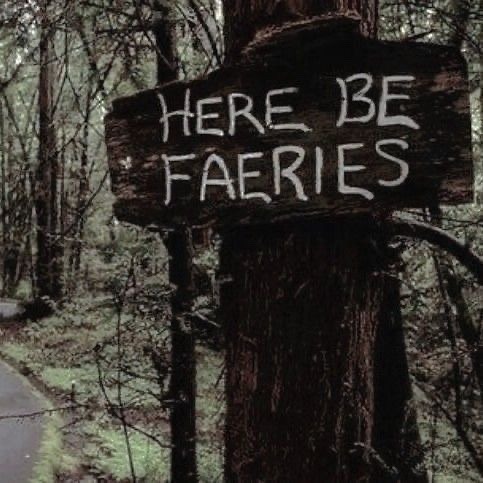
Drove me through the mountains
through the crystal like and clear water fountain
9K notes
·
View notes
Text
142K notes
·
View notes
Text
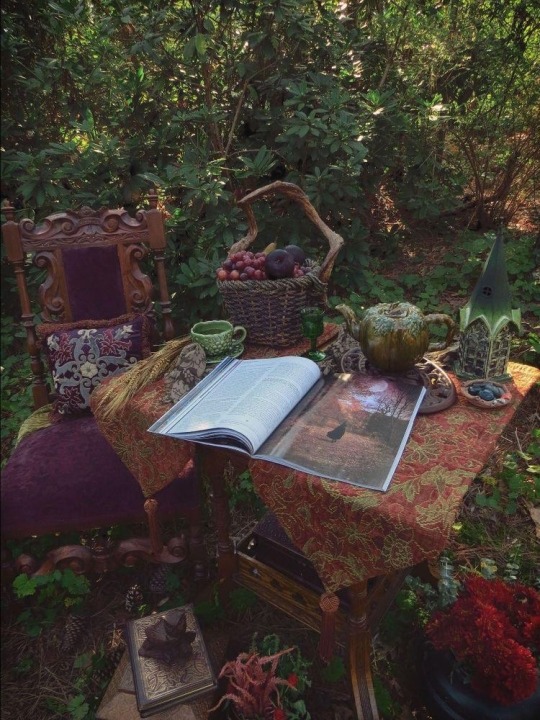
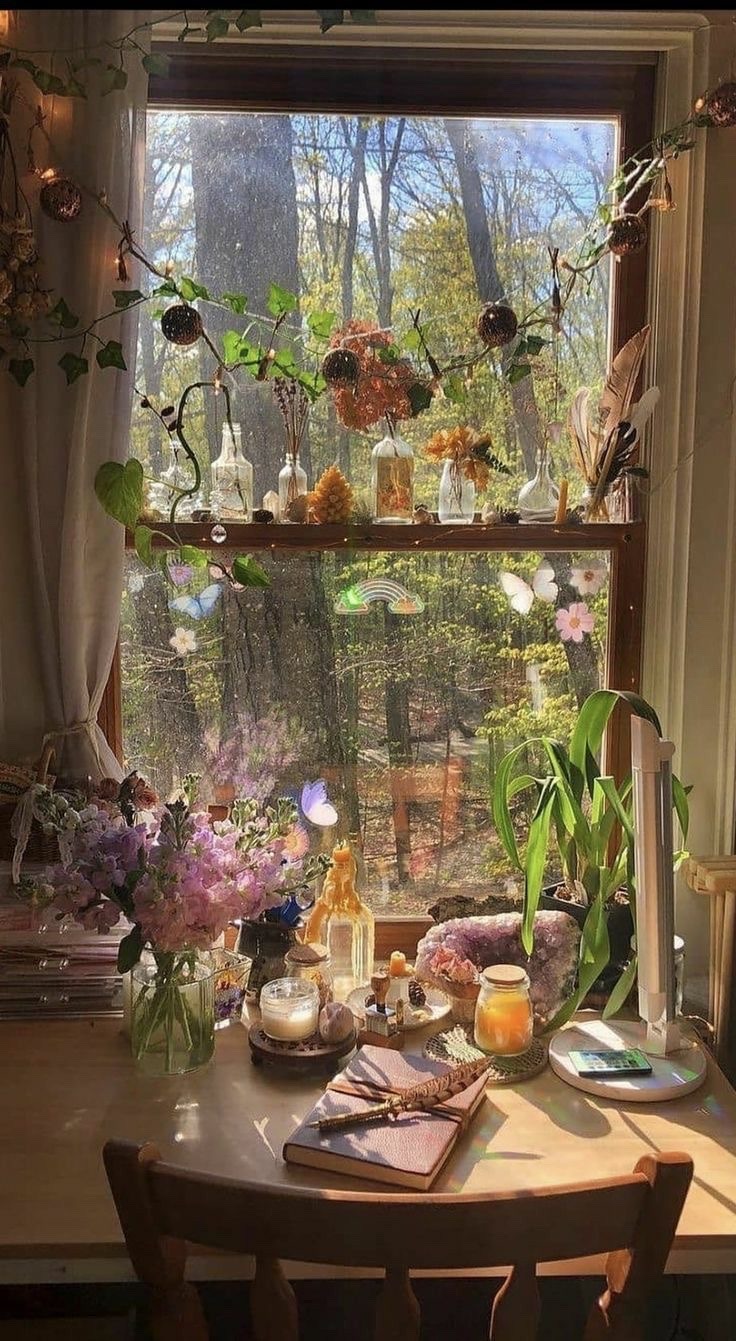



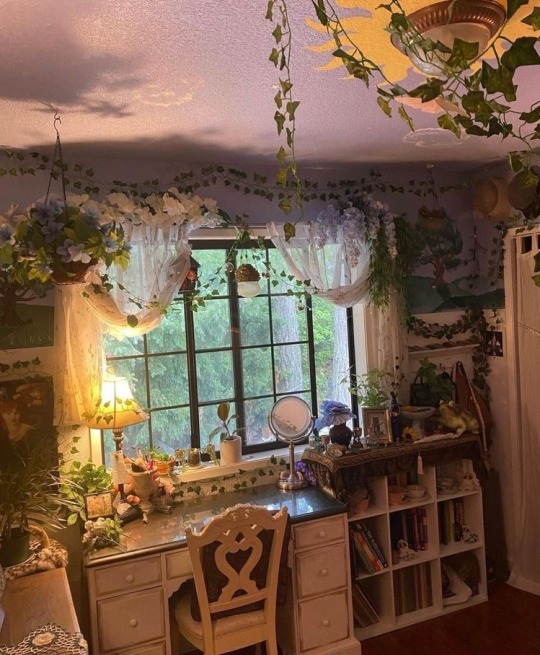
if it makes you happy
then it’s not a waste of time
20K notes
·
View notes
Text
🫐First rain of Spring. How I have longed for you🫐
#spring#cottagecore#my photo#aesthetic#beautiful#rain#raining#rain aesthetic#spring rain#rain drops#rain sounds#rain asmr#asmr#rain storm
21 notes
·
View notes
Text
Frozen Charlotte: The Tragic Toy for Girls and Boys
It is the late 19th century and you are a child. You have faced many hardships in your young life. The American Civil War is still a fresh in the minds of your family members, you yourself may need to work in order to help supply your family with food and clothing, and perhaps you have already had to attend the funerals of some siblings. This is, of course, if you have a family at all. But you do have a family, and today is a day of celebration. A birthday perhaps, or maybe Christmas, and your home is bustling with activity, voices, and delectable food in honor of the occasion. The time has come for dessert and you eagerly take your piece before cutting into it. Smelling the warm sugar you look down and discover something sticking out of your food. A face. A small dead white face attached to a small white naked body staring blankly at you. You exclaim not out of horror, but out of happiness. You found it! How lucky! You are congratulated and reminded about the importance of listening to your parents, you don’t want to end up dead do you? The message is serious but at the moment you are simply happy being the winner of a new Frozen Charlotte doll.
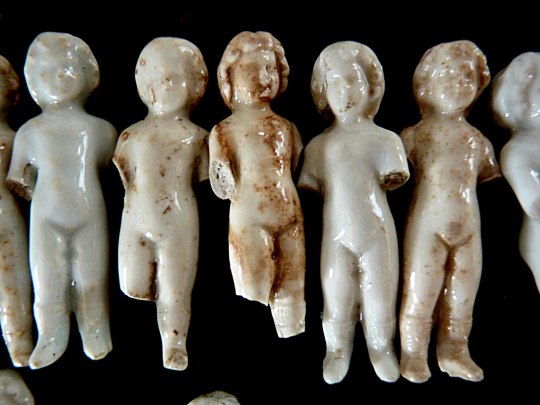
An assortment of Frozen Charlottes
How is it that finding a small porcelain corpse in a dessert became a happy find that gave the lucky winner a playful nudge about obeying their parents? The story begins in 1843 when Maine journalist Seba Smith first penned a poem for the newspaper The Rover entitled “A Corpse Going to a Ball”. Published on December 28th 1843, the poem told the story of a young girl named Charlotte who freezes to death on her way to a New Year’s Eve ball with her beau Charlie. According to the poem Charlotte’s mother pleads with her daughter to bundle up against the horrific cold that the two would be facing on their sleigh ride into town but the young girl refuses, saying she simply could not be seen bundled up like that. Along the short fifteen mile ride to town Charlotte freezes to death with Charlie discovering her frozen corpse sitting upright in the sleigh after arriving at the ballroom. What could have inspired such a tragic tale? According to Smith, the poem was inspired by a true story he read the New York Observer on Feb 8, 1840 in which “A young woman… was frozen to death while riding to a ball on Jan 1, 1840.”

“A Corpse Going to a Ball” as it originally appeared in newspapers
Smith’s poem about the young naïve girl would be reprinted several times and given new titles such as “The Frozen Girl”, and most popularly “Young Charlotte”. Over time alternate endings were also given to the tale such as one telling how Charlie had to return Charlotte’s corpse to her family, another telling how Charlie soon met his own death from heartbreak, and an ending verse warning:
Young ladies think of this fair girl,
And always dress aright,
And never venture thinly clad
On such a wint’ry night.
Before 1860 the story of poor Charlotte was being carried all over the country thanks to folk singer William Lorenzo Carter. A blind poet and musician from Vermont, Carter took the original words written by Smith and set them to music creating a cautionary folk ballad that quickly spread throughout the United States and Canada. The song eventually became very well-known but the story of the frozen girl in the sleigh erupted all over 19th century America and England thanks to its attachment to the tiny porcelain children that became known as “Frozen Charlottes”.
The origin of the figures began innocently enough in Germany where they were manufactured to be bath toys for young children. However, it was in the United States and England where the small figures became intertwined with the story of the poor frozen girl and became highly desired object by both children and their parents.
Made of white porcelain, glazed on one side, and often given dark hair and eyes, the dolls were often tiny enough to fit inside jewelry or a box small enough for a child’s hand. More importantly to the children that wanted them, there were very inexpensive. The normal cost of a penny meant that many children and families could afford them adding to their immense popularity. Parents were in favor of the dolls for a major reason, the story of the girl meeting her death due to her disobedience to her mother gave a crystal clear message that all children should obey and listen to their parents. Boys were not excluded from the toys or their cautions with male figures being given the name Charlie, the name of the young man in the poem who escorted Charlotte on her last ride. The lesson of listening to one’s parents was strongly reinforced by the accessories that soon became attached to the little dolls such as their own blankets and metal caskets carved with words of warning.

A Frozen Charlotte in an original casket….

…and one given a more modern home inside a necklace
As the years moved on the Frozen Charlottes and Charlies began to appear more elaborate with more distinct facial features, different colored hair, and sometimes having small stockings or hair accessories painted onto them. Some figures were given articulated arms and were molded into different positions or wearing a dress. The dolls also became more than just a plaything with a cautionary tale, they became part of celebrations in places such as England where a small Frozen Charlotte was often baked into a cake or a pudding. Once the dessert was sliced excitement followed as everyone dug in hoping to be the lucky winner with the tiny corpse in their cake.
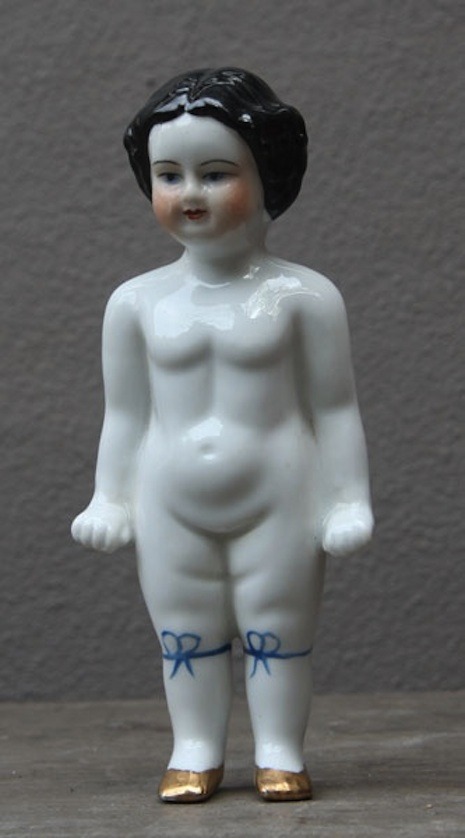
An elaborate Frozen Charlotte
The heyday of the Frozen Charlotte extended into the first year of the 20th century when their manufacturing began to cease and their popularity as both a toy and a tale began to fade. Today the small white stone-faced figures are highly collected pieces of 19th century history reminding their owners of a time long past when one of the most popular dolls was deeply intertwined with death.
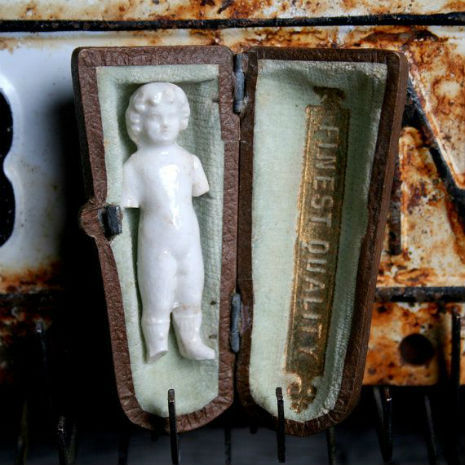
“Finest Quality”
Here is the original text of the 1843 poem “A Corpse Going to a Ball”:
Young Charlotte lived by the mountain side,
A wild and lonely spot;
No dwelling there, for three miles round,
Except her father’s cot;
And yet on many a winter’s eve
Young swains were gather’d there,
For her father kept a social board,
And she was very fair.
Her father loved to see her dress’d
As prim as a city belle,
For she was all the child he had,
And he loved his daughter well.
‘Tis New Year’s eve—the sun is down—
Why looks her restless eye
So long from the frosty window forth,
As the merry sleighs go by?
At the village inn, fifteen miles off,
Is a merry ball to-night—
The piercing air is cold as death,
But her heart is warm and light;
And brightly beams her laughing eye,
As a well-known voice she hears;
And dashing up to the cottage door
Her Charley’s sleigh appears.
“Now daughter dear,” her mother cried,
“This blanket round you fold,
"For 'tis a dreadful night abroad,
"You’ll catch your death a-cold.”
“O nay, O nay,” fair Charlotte said,
And she laugh’d like a gipsy queen,
“To ride with blankets muffled up
"I never could be seen—
"My silken cloak is quite enough;
"You know 'tis lined throughout;
"And then I have a silken shawl
"To tie my neck about.”
Her bonnet and her gloves are on,
She jumps into the sleigh;
And swift they ride by the mountain side,
And over the hills away.
There’s life in the sound of the merry bells,
As over the hills they go;
But a creaking wail the runners make,
As they bite the frozen snow.
How long the bleak and lonely way!
How keen the wind does blow!
The stars did never shine so cold—
How creaks the frozen snow!
With muffled faces, silently,
Five cold, long miles they’ve pass’d,
And Charles, with these few frozen words,
The silence broke at last—
“Such night as this I never saw—
"The reins I scarce can hold;”
And Charlotte, shivering, faintly said,
“I am exceeding cold.”
He crack’d his whip, and urged his steed
More swiftly than before,
And now five other dreary miles
In silence are pass’d o'er—
“How fast,” said Charles the freezing ice
“Is gathering on my brow;”
But Charlotte said, with feebler lone.
“I’m growing warmer now.”
And on they went through the frosty air
And the glittering, cold star-light;
And now at last the village inn
And the ball-room are in sight.
They reach the door, and Charles jumps out,
And holds his hand to her—
Why sits she like a monument,
That hath no power to stir
He call’d her once—he call’d her twice—
She answer’d not a word;
He ask’d her for her hand again,
But still she never stirr'd—
He took her hand in his—O God!
'Twas cold and hard as stone;
He tore the mantle from her face;
The cold stars on her shone—
Then quickly to the lighted hall
Her voiceless form he bore—
His Charlotte was a stiffen’d corpse,
And word spake never more!
82 notes
·
View notes
Text

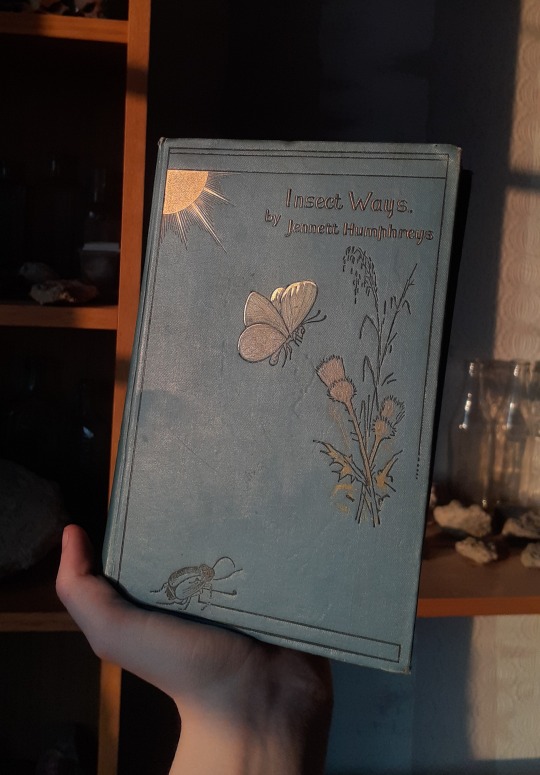
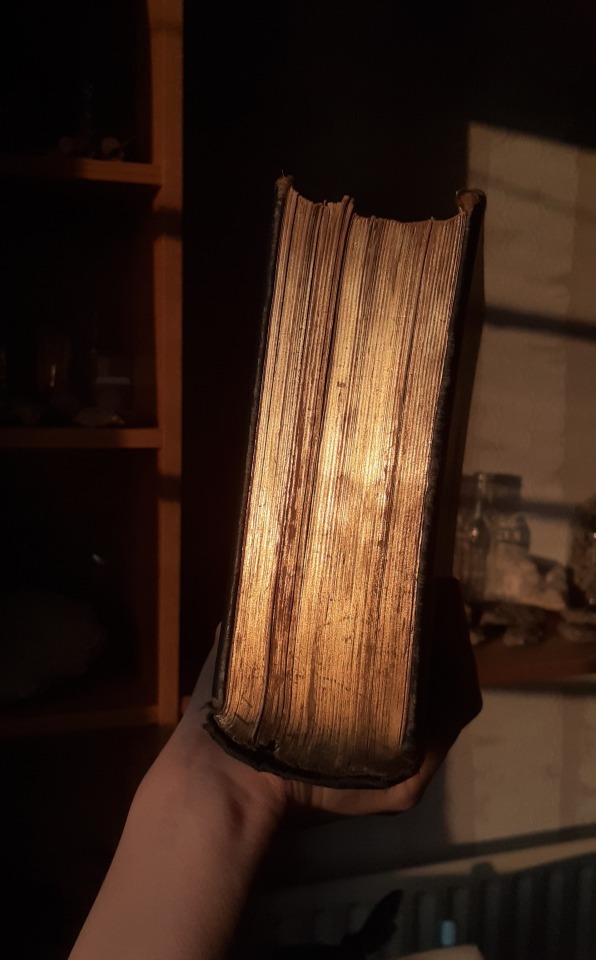
Whats the point of owning 19th century natural history books if you dont take pictures of them in the sun?
14K notes
·
View notes










